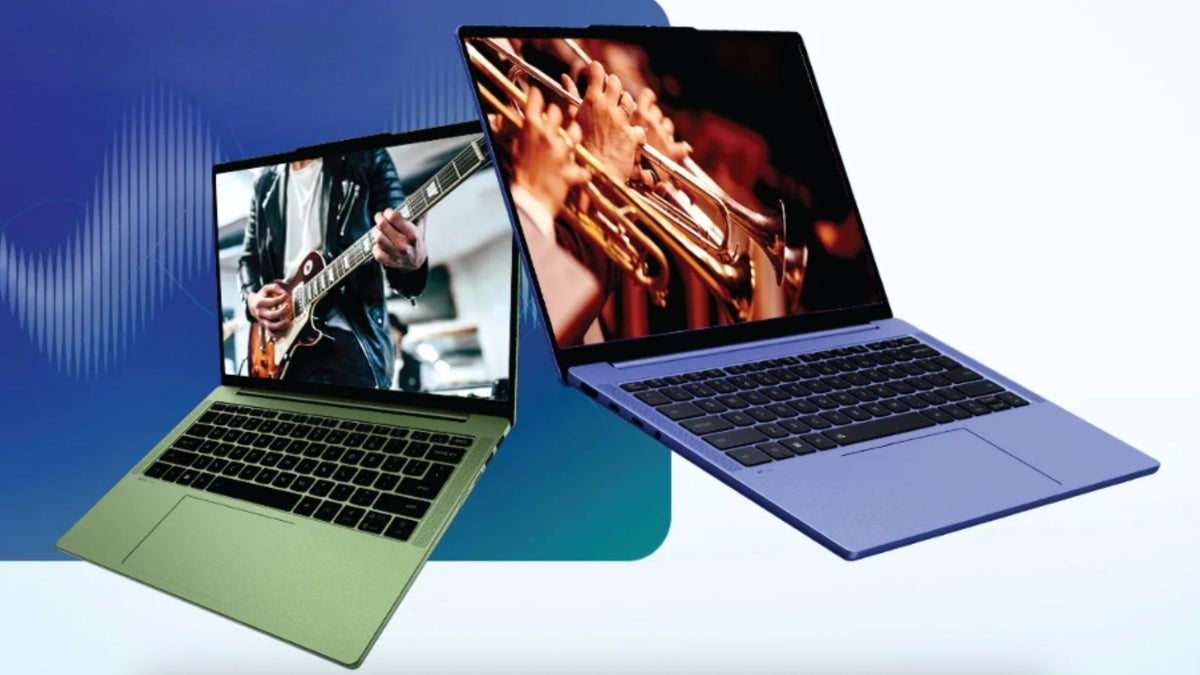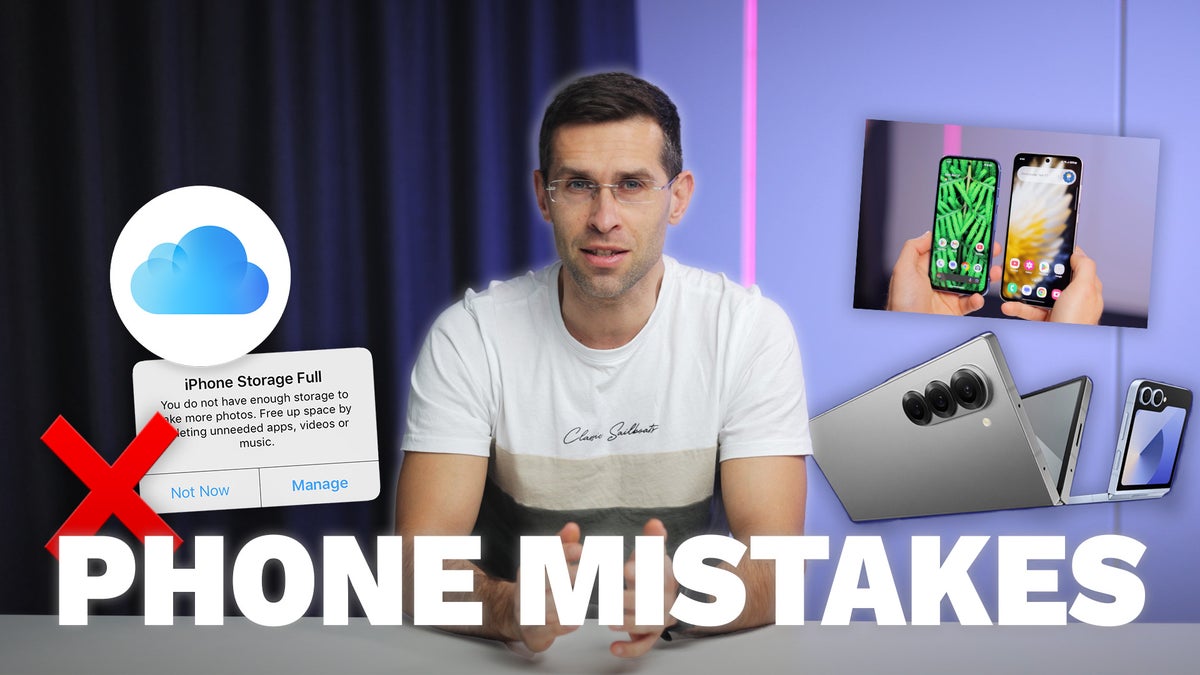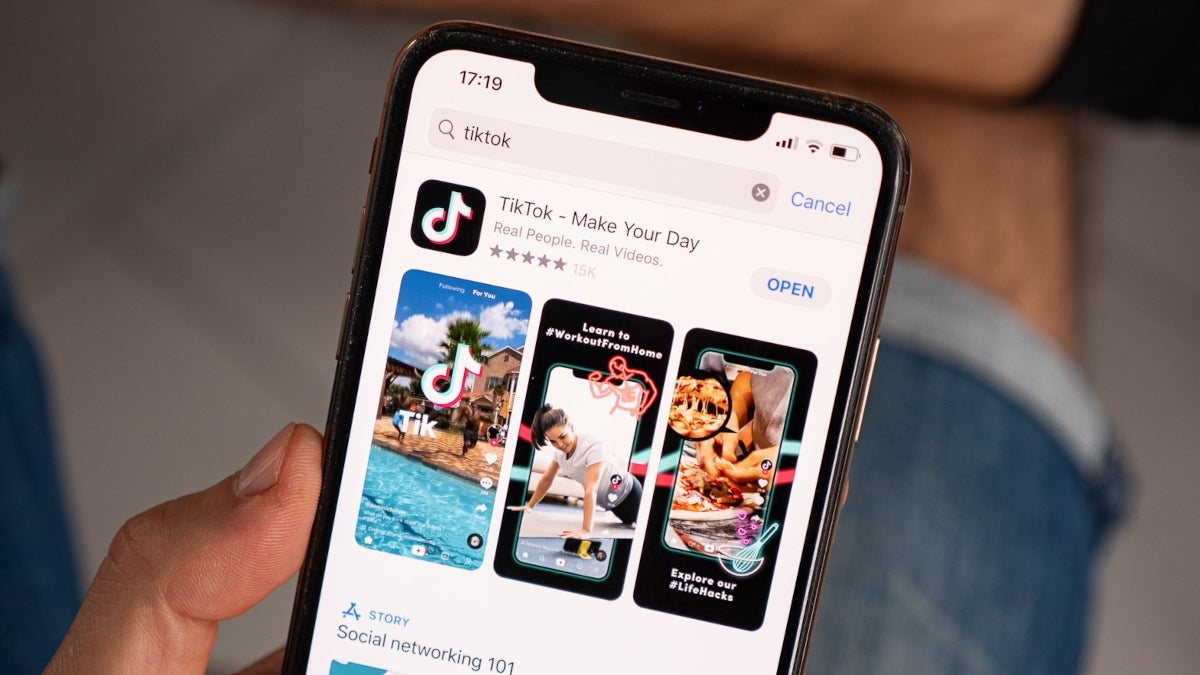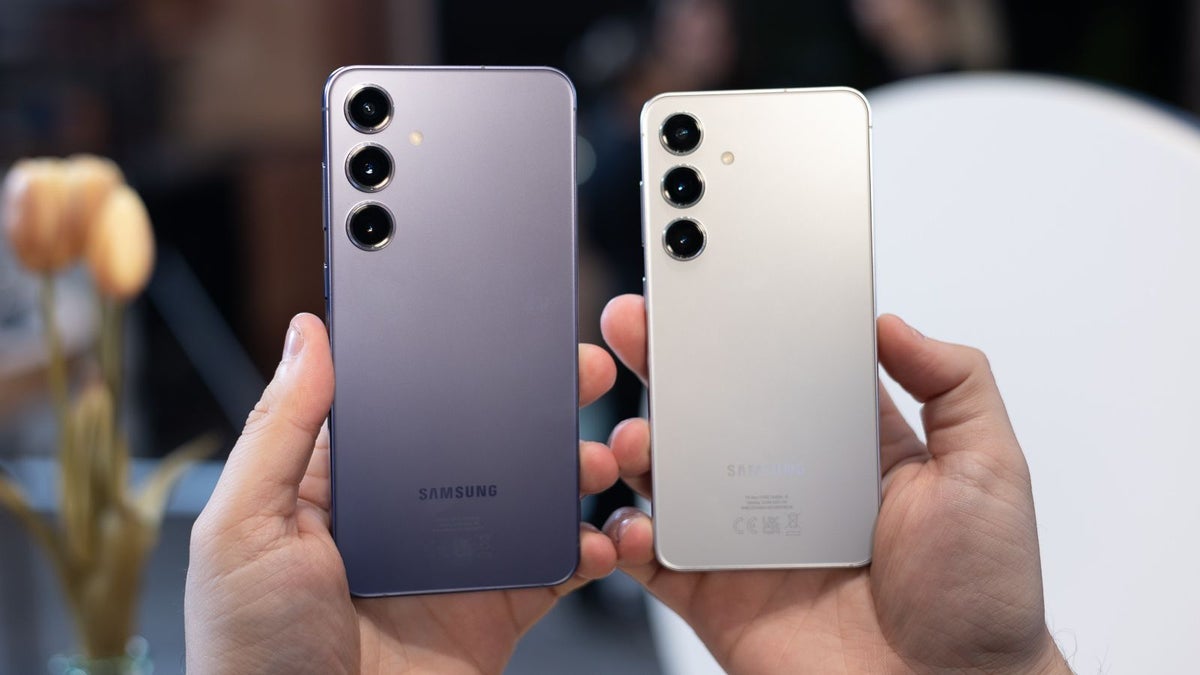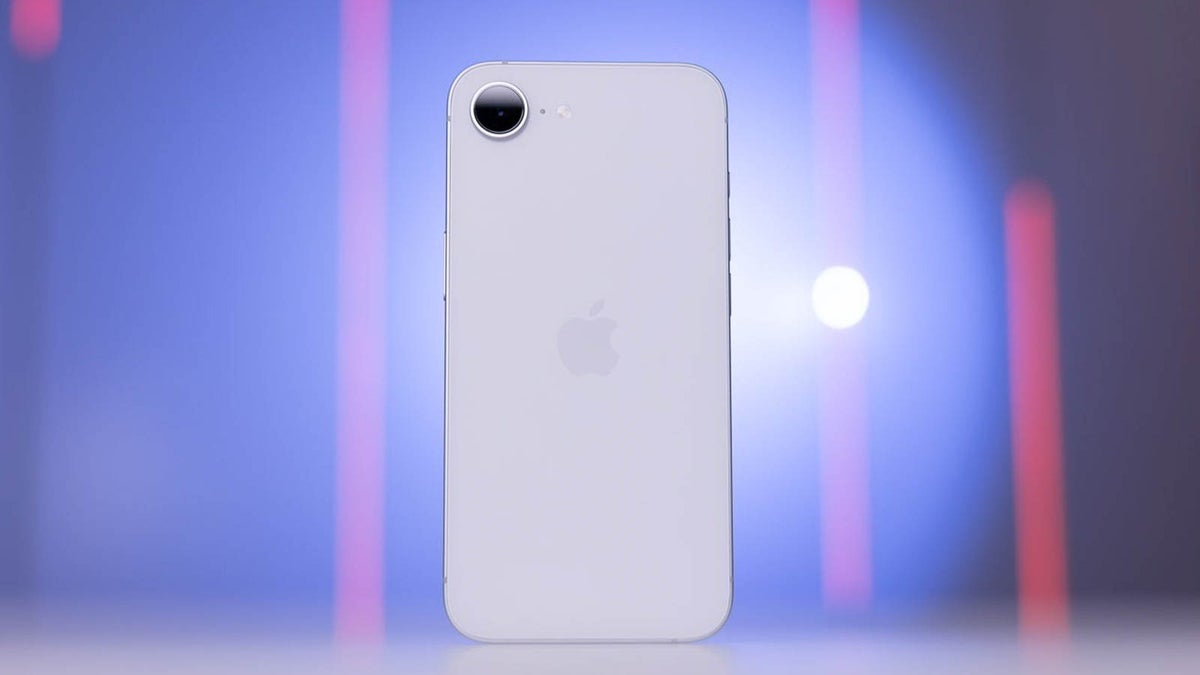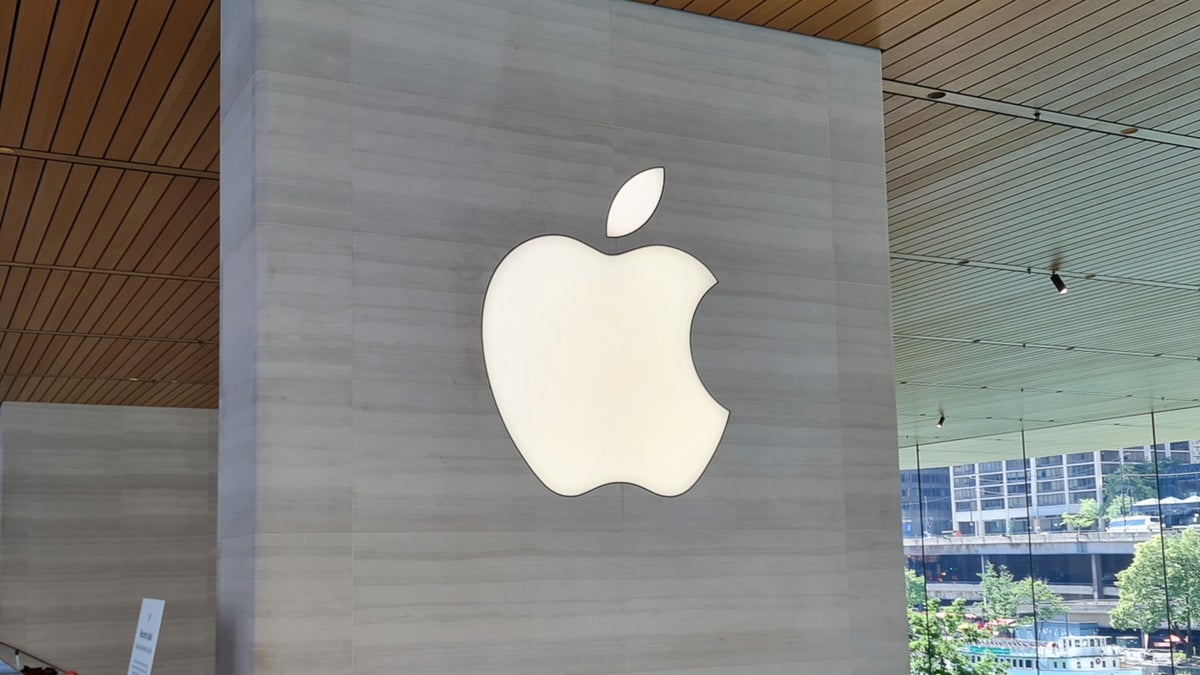[ad_1] Of course, there are some "dissenters" who have switched sides and are now camped out on Android Island. Also, there are those who swing it both ways and rock a Pixel and an iPhone (one in the left pocket and one in the right), but such progressive minds are few in number. There is also a group of people who turned their backs on the iPhone for Windows Phone. By the way, the last statement could be a complete farce. - Hey, would you like to switch your iPhone to... They never wait to hear what you have to say. You may want to give them $15 million, but they will never let you finish. Let's take a deeper look. Image credit – PhoneArena Overall, 96% of iPhone users will not go more than a week without replacing or repairing their phone, confirming its central role in their daily lives. iPad and Mac users also showed high dependence on their devices, although to a slightly lesser extent. Among iPad owners, 58% said they would replace or fix a broken or lost tablet within two days, while 27% would act the same day. Meanwhile, 85% want to address the issue within a week, while only 4% are willing to wait longer than a month. Mac users showed a similar sense of urgency, but what does it mean? Image credit – PhoneArena It's all surrounded by a very tight ecosystem, which makes it feel like a virtual hug. Features like FaceTime, iMessage, and the godsend that is AirDrop make life easier. You're not just buying a phone; You step into a high-tech utopia where everything just clicks. Image credit – PhoneArena It's all fun and games, but it's not outrageous to say that Apple's ecosystem doesn't just keep you connected; It limits you. Try switching to Android, and suddenly the green bubble appears in your group chat. Suddenly, your Apple Watch doesn't let you use all of its features. And let's face it, owning an Apple device isn't just practical; It is social currency. The glowing logo on your MacBook at the local vegan bar is a sign of social status for many people. Apple knows how to make you feel like you're in the VIP section of technology. But if you have an Apple smartphone, an Apple tablet, Apple headphones, a watch, a laptop, or a computer - and when one of the devices breaks down - that's not practical. You are locked out. Meanwhile, Android offers real versatility. Image credit – PhoneArena The devices are so well designed (and so well marketed) that they've become essential, but Apple's ecosystem and status game make you stay longer than you originally planned.
- Hell, no!What does the data say?


The above article cites a survey that highlights Apple users' strong reliance on their devices, especially iPhones. The study found - hold on to your hats - that 83% of iPhone owners would replace or fix a lost or broken device within a day or two, with almost half taking action the same day.Are Apple's flagship phones that good?


Let's give credit where it's due - Apple knows how to make a mid-range gadget. iPhone, iPad, and Mac can be great for your needs; One doesn't have to be a huge Apple fan to admit that much. Granted, some iPhones fall far behind when it comes to certain features (like fast charging speeds) offered by the Chinese competition. Sure, iPhones aren't cheap. But millions consider them gorgeous, with incredibly smooth software, and cameras that make you look like a National Geographic photographer—if you know the rules of composition, light, and storytelling, that is....or is it all just a cult?
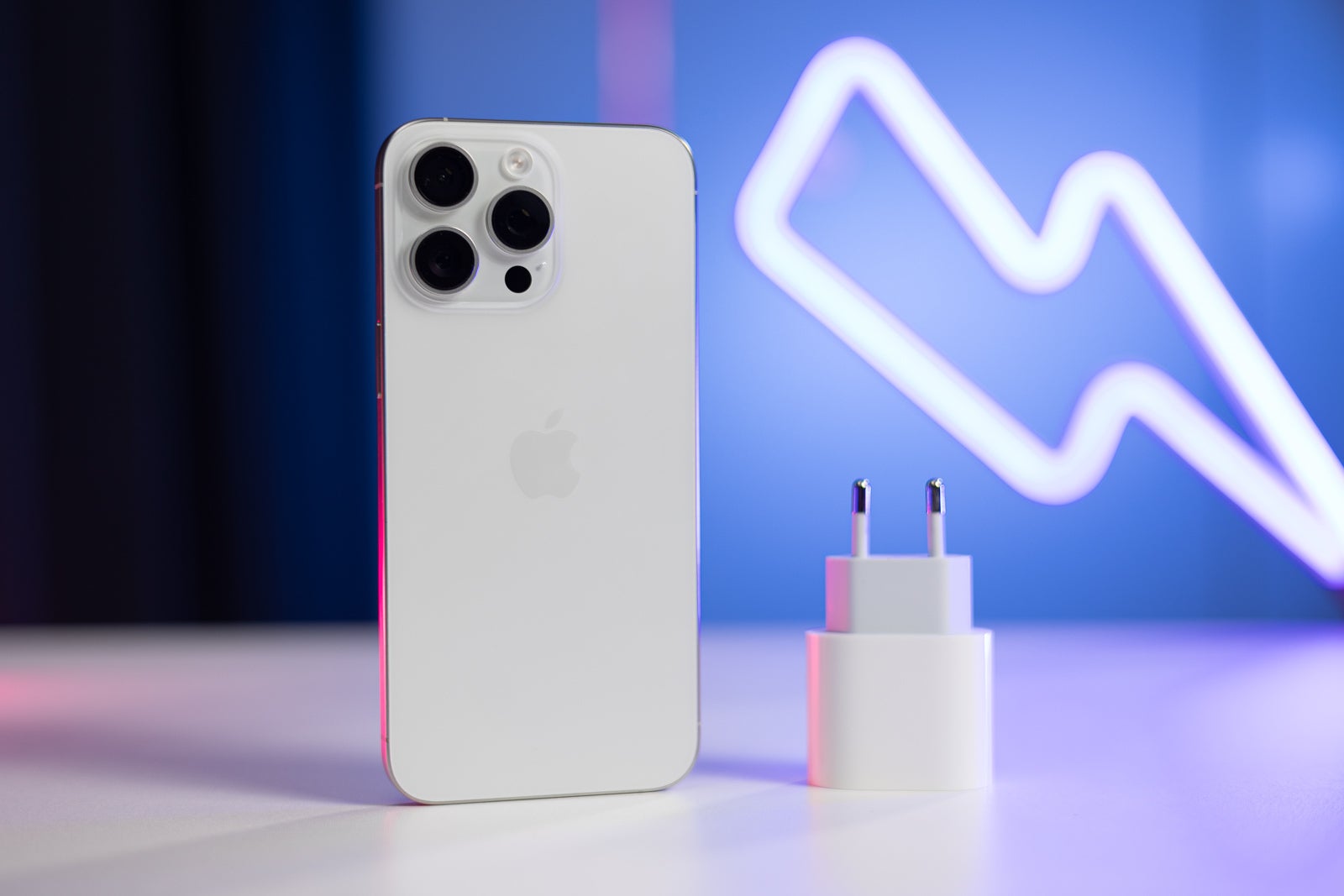

But hold up!A bit of both, really


Are we addicted to Apple because their devices are good, or are we all stuck in Cupertino's shiny Stockholm Syndrome cage? I'm not into extremes, so I think - like many other things in life - the answer to the question is: a little of both.
[ad_2]
Download
Apple flagships iPhone, iPad: are they that good, or is it all just Stockholm syndrome?
| Name | |
|---|---|
| Publisher | |
| Genre | News & Magazines |
| Version | |
| Update | January 9, 2025 |
| Get it On |  |



